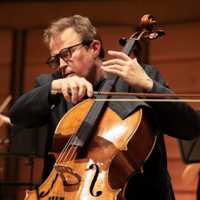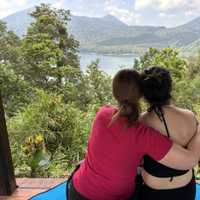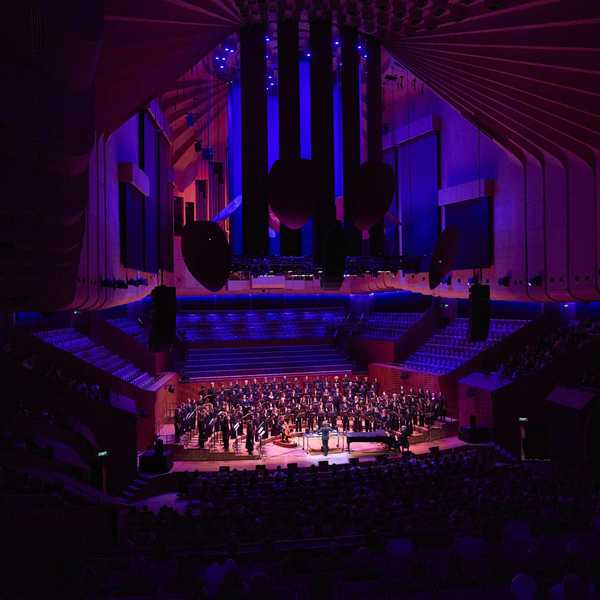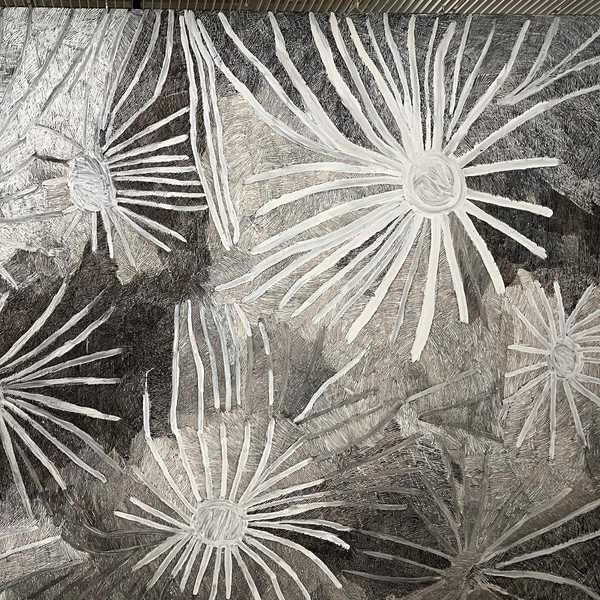Motherhood & Music – Not just the Lullaby
Approx. 10 minutes to read
Jenny Eriksson, my next interviewee, is passionate about keeping music of the Baroque and Renaissance alive on her instrument of the time- the viola da gamba. She performs as a member of the Marais Project, Elysian Fields (a jazz-Baroque group) and Da Vinci’s Apprentice (a group that shares Renaissance music and instruments with children through the Musica Viva In Schools program). With all these ensembles and their many projects and performances, Jenny has built an incredible and admirable music career.
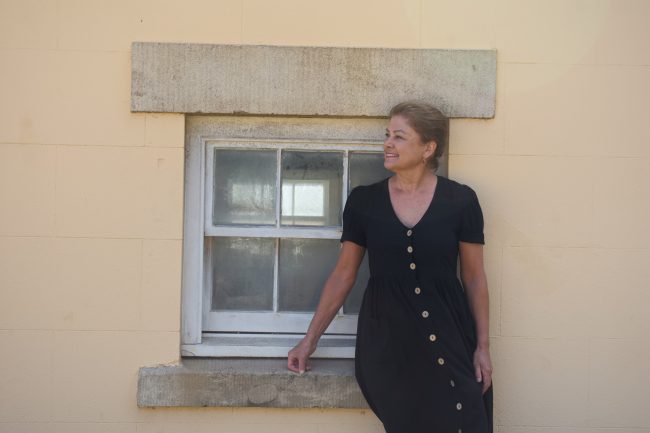
With such a full on career, Jenny shares her perspective on Motherhood & Music, touring with a small child, family support and her hope for the future of music.
Sonia de Freitas: Hi Jenny, how are you and where does our interview find you today?
Jenny Eriksson: I am working from my home studio which is located in my backyard. It is Monday, my admin day. But I still start the day with a few hours of practise before I turn on the computer. At the moment I am working on 2 albums. The first is with my acoustic group, The Marais Project. It is titled Nordic Moods and Baroque Echoes, and was recorded in Stockholm last year with Swedish violin-cimbalom ensemble, Duo Langborn/Wendel, who toured Australia with us in 2023. The other I made at the end of last year with Elysian Fields, my electric gamba group. Both are in post-production mode, so we are at the editing, mixing and mastering stage.
I am feeling very encouraged today as we are just about at the point where we can print Nordic Moods and Baroque Echoes and will go into the mixing studio with the electric gamba CD next week.
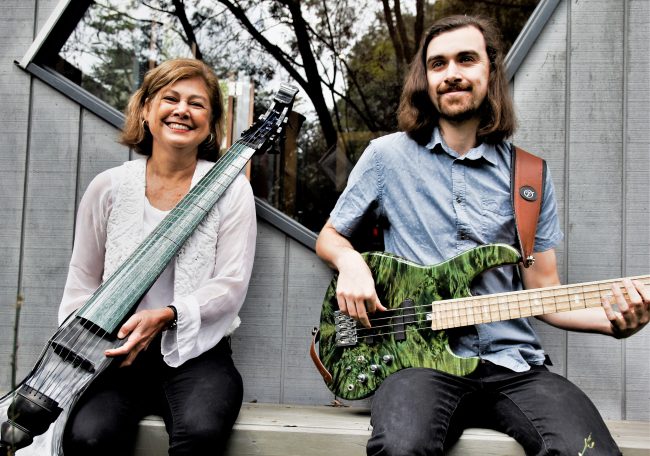
SdF: Can you tell me a little more about your life as a mother and musician?
JE: I have one son who is 31 years old. He is a jazz musician who has recently come home to Sydney after studying in Barcelona for 3 years where he obtained his master’s in jazz. He has his own band, is writing music and teaches music.
SdF: What, if anything, may have changed for you in relation to the way you thought about music and your ambitions as a musician once you became a mother?
JE: I don’t think my ambitions changed. I tried to keep a balance between motherhood and making music in those early days. I wanted to keep my music dreams alive, but I also wanted to cherish the years with my child.
SdF: How does the experience of motherhood influence your creativity and composition process?
JE: I believe I became more productive when I became a mother. I used my time better as any spare moment was precious. But to be honest there were moment when I was just exhausted. It is hard to predict your day with children. Some days you got nothing done; others you manage to practise for a few hours. There is definitely a need to be flexible and go with the flow.
SdF: How do you maintain your artistic identity and career trajectory while raising your children?
JE: I maintained my artistic identity by being disciplined. When my child slept, I practised or if he didn’t sleep, I practised while play school was on. It was important to me to keep my technique up. I made sure I had music projects to work towards.
SdF: What challenges have you have faced in balancing the demands of motherhood with the demands of a music career? Conversely, can you share any unique opportunities brought about by motherhood?
JE: I have been lucky as my husband – who originally trained as a musician but gave up 30 years ago – has supported me every step of the way in my music career and in helping raise our child. I have also had a lot of other family support. I think touring when my son was young was the hardest. I did take him on tour once. A friend was with us to look after him. That was the first and last time that I tried touring with a child. It was a week from hell. He was sick and didn’t sleep the whole week. Consequently I didn’t sleep either.
I remember feeling so guilty when his primary school teacher told me that she knew when I was on tour – even when I had not let her know. Teachers just sense these things! Actually getting to a rehearsal or a performance on time seemed like some major logistical achievement. I used to wonder if the other musicians around me – by that I probably mean those without kids – understood what it took for me to be at a rehearsal or performance in half decent shape to play. I often felt I had run a marathon before the rehearsal had even started!
One of the unique opportunities I have had as a musician and a mother is being able to be involved in music at my son’s schools. Like a lot of primary schools in Sydney there was virtually no music at his school. To this day I am passionate about seeing every child being exposed to music in some way, and particularly to participate in active music making. I took over a small string group which became a little orchestra, started a choir, and did some classroom music lessons. This experience gave me a window of opportunity to give back to my community and that gave me great joy.
I should mention that I have come across a lot of other mothers – and I am sure there are fathers too – who are musicians in NSW who have volunteered in the same way that I did. There is a secret army of us mothers out there making sure that the children in our schools have some involvement with music.
SdF: What role do societal expectations and stereotypes about motherhood play in shaping the public perception of musicians who are mothers?
JE: Well the obvious one is that nobody announces that an important male personage is ‘a CEO and father of three,’ but it’s still the norm for women. For example, a male politician with kids is from the media’s perspective, first and foremost politician who may be a father on the side, but that fact is not upfront. In contrast, a female businesswomen (or artist or sportsperson) with children is always introduced as a mother who has a side hustle as a CEO or just happens to play soccer on the global stage! I’ve had enough of ‘politician and mother of two!’ and the like.
But on the whole, I have found the music sector to be pretty good and supportive of mothers/parents. Many arts administrators are women who know about work-life juggling acts. In addition, this generation of younger men in arts administration – whether or not they have children – are sensitive to the issues and accommodating. (I have expressed this in gender binary terms, but of course I include those who are non-binary.)
SdF: How can the music industry evolve to better accommodate the needs of musicians who are navigating the intersection of motherhood and their music careers?
JE: I hope things have improved in the 31 years since my son was born. For example, I didn’t even receive any maternity leave. I had contract work with two established musical organisations and was back ‘on the job’ just 3 months after I gave birth. So many people helped in making this happen including my father and father in law – who learned how to defrost breast milk for our son! Once our son was at school my dear dad used to come and stay with my husband and help out while I was on tour as my husband has multiple responsibilities and often travels for work.
On the downside, I remember vividly having to express milk in a toilet cubical and then throwing perfectly good milk down the toilet as I could not freeze it. So practical things need to be in place: somewhere to feed babies or express milk and time to be able to do this, not to mention the cost and complexity of childcare.
It is not easy to find childcare for late-night performances. When colleagues from The Netherlands toured Australia with a young child some years back, they contacted me in advance to help find babysitters for the nights they performed – which we were able to do. Sydney was a strange city for them but not for us. Similarly, when Swedish musicians toured here with The Marais Project in 2023, they brought their four year old. My husband took time off to be our roadie and part time babysitter. He was helped out by the Swedish-speaking partner of an Australian musician in The Marais Project. He came on tour to look after his young daughter so that his wife could perform with us. (Life is complicated – and amusing. The first Swedish words my husband learned on that tour were ‘I want to pee!’)
Regarding support pathways, as the stories above illustrate, there is so much truth in the saying ‘it takes a village to raise a child.’ I made the effort to get to know my neighbours and always offered to help out when I could with local children. I will never forget one neighbour who offered to look after my son for an afternoon as she knew I had a big performance coming up. People are so kind!
The last thing I wanted to do was join a mother’s group when I became a parent, but my wise sister encouraged me to do this: it was invaluable. I could just be a mother in this group, I didn’t have to perform, I didn’t have to pretend I was coping, and I could ask stupid questions without feeling embarrassed. I still have contact with these women today and we still know each other’s children.
SdF: Is there anything else you want readers to understand about motherhood and music?
JE: I understand why some women do not want children and would never argue with anyone who has made that very personal choice. Others of course would love children but for various reasons, are unable to be a parent. But having children changes and enriches your life in ways you could not predict. It is very emotional at times, the ups and the downs and the in-betweens.
The day my son enrolled at Sydney Conservatorium – my husband and I are both graduates of Sydney Con – I felt a rush of emotion. In Year 6 my son stated in one of his assignments that the three things he disliked the most were: 1. our then Prime Minister, John Howard; 2. Coke without fizz; and: 3. classical music. Yet at age 18 he was studying classical piano with one of Australia’s best known pianists. It was an incredible feeling knowing that I had passed music and the love of music on to the next generation. This was a day I truly felt proud to be a mother and a musician.
By the way, now my son is a jazz musician he is my tutor in jazz harmony and improvisation. The tables have turned…
SdF: What do you want for the future of music and for your children?
JE: I would like every child in Australia to have the opportunity, as my son did, to play an instrument, sing in a choir, play in a band, or just be exposed to music in some way. I believe music can be such a wonderful companion to a child’s journey through life. Music is life; music changes lives…
To learn more about Jenny Eriksson’s music visit: www.maraisproject.com.au
To hear and purchase Jenny Eriksson’s music visit:
elysianfields1.bandcamp.com/music
themaraisproject.bandcamp.com/
For more information on International Women’s Day visit: internationalwomensday.com
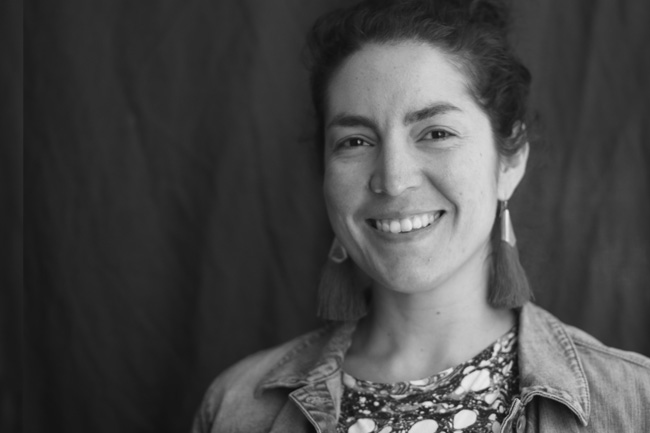
Photo credit: Cathy Kirkpatrick
Keep an eye out for my next interview in the Shout Sister Shout: Motherhood & Music – Not just the Lullaby series where I interview Susie Bishop.
Did you miss the previous Shout Sister Shout instalment? Read Thea Rossen’s interview here.
Thank you to Eastside Radio for making the Shout Sister Shout: Motherhood & Music – Not just the Lullaby interview series possible.
I acknowledge the Traditional Owners of the many lands on which I am privileged to work, learn, teach, create and perform. I extend my respects to all First Nations People.
Share "Shout Sister Shout: Jenny Eriksson (IWD 2024)"
Copy



